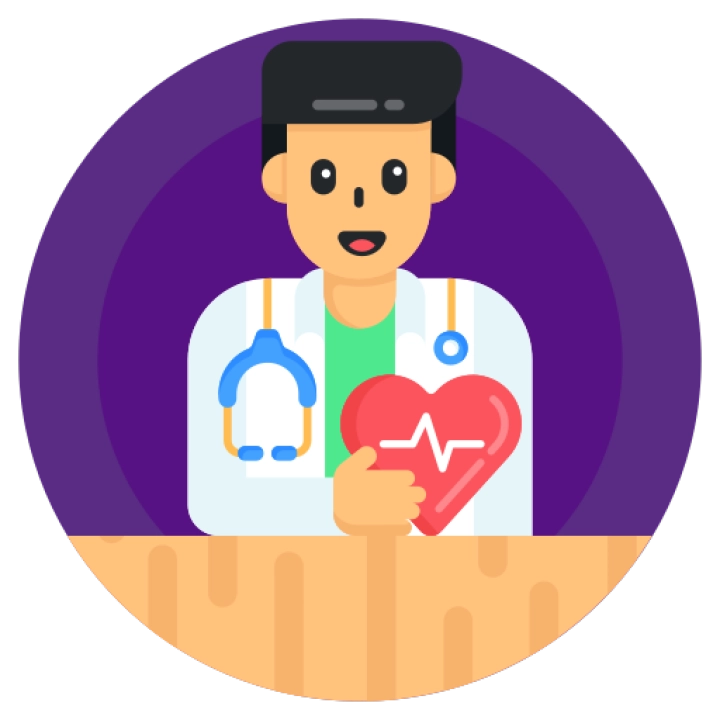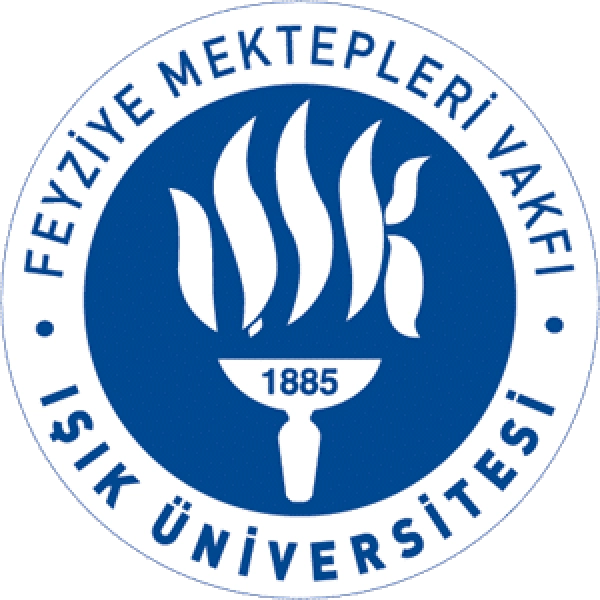Major Title: Human Medicine
Major Description:
This major provides a comprehensive foundation in the study and practice of human medicine, focusing on the diagnosis, treatment, and prevention of diseases in patients. Students will explore core topics such as anatomy, physiology, pharmacology, pathology, and clinical medicine, integrating theoretical knowledge with hands-on clinical experience. The major prepares students for careers as physicians, surgeons, researchers, and specialists in various medical fields, emphasizing evidence-based practice, patient-centered care, and ethical medical professionalism.
Learning Objectives:
- Understand the fundamental principles of human medicine, including the structure and function of the human body.
- Develop clinical skills for patient assessment, diagnosis, and treatment planning.
- Learn the mechanisms of disease (pathophysiology) and their clinical manifestations.
- Master the use of medical technologies, diagnostic tools, and therapeutic interventions.
- Apply ethical and professional standards in medical practice.
- Enhance communication skills for effective patient interaction and interdisciplinary collaboration.
- Analyze current medical research and innovations to improve healthcare delivery.
- Develop critical thinking and problem-solving abilities for complex medical cases.
Major Outline:
- Introduction to Human Medicine
- Overview of medical science, its history, and its role in society.
- Ethical principles and professional responsibilities in medicine.
- Basic Medical Sciences
- Anatomy & Physiology: Study of the human body’s structure and function.
- Biochemistry & Molecular Biology: Chemical processes underlying health and disease.
- Microbiology & Immunology: Role of pathogens and the immune system in disease.
- Pathology and Disease Mechanisms
- General and systemic pathology, including cellular injury and inflammation.
- Techniques for diagnosing diseases through laboratory and imaging studies.
- Pharmacology and Therapeutics
- Principles of drug action, pharmacokinetics, and pharmacodynamics.
- Clinical use of medications and treatment protocols.
- Clinical Medicine
- Internal Medicine: Diagnosis and management of adult diseases.
- Surgery: Principles of operative and perioperative care.
- Pediatrics, Obstetrics & Gynecology, Psychiatry: Specialized fields of patient care.
- Preventive and Community Medicine
- Epidemiology, public health strategies, and disease prevention.
- Global health challenges and healthcare systems.
- Medical Research and Evidence-Based Practice
- Critical appraisal of medical literature and clinical research methods.
- Application of research findings to patient care.
- Emerging Trends in Medicine
- Advances in precision medicine, telemedicine, and artificial intelligence in healthcare.
- Ethical and practical implications of medical innovations.
Assessment Methods:
- Written and practical exams to evaluate theoretical and clinical knowledge.
- Clinical rotations and patient case studies to assess diagnostic and treatment skills.
- Research projects and thesis work on medical topics.
- Objective Structured Clinical Examinations (OSCEs) for hands-on competency testing.
Recommended Textbooks:
- "Gray’s Anatomy for Students" by Richard L. Drake et al.
- "Harrison’s Principles of Internal Medicine" by Dennis L. Kasper et al.
- "Robbins and Cotran Pathologic Basis of Disease" by Vinay Kumar et al.
- "Goodman & Gilman’s The Pharmacological Basis of Therapeutics" by Laurence Brunton et al.
Prerequisites:
Strong background in biology, chemistry, and physics is required. Admission often depends on competitive entrance exams (e.g., MCAT, UCAT) and academic performance.
Major Duration:
Typically 5–6 years (undergraduate) or 4 years (graduate entry after a bachelor’s degree), including preclinical studies, clinical rotations, and internships.
Certification:
Graduates earn a medical degree (e.g., MD, MBBS, DO) and must complete residency training and licensing exams (e.g., USMLE, PLAB) to practice.
Target Audience:
Aspiring physicians, medical researchers, and healthcare professionals committed to patient care, medical innovation, and lifelong learning.
This major equips students with the knowledge, skills, and ethical grounding to excel in diverse medical careers, contributing to advancements in healthcare and improving patient outcomes worldwide.

